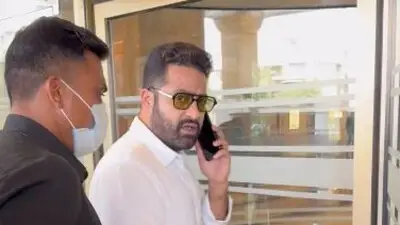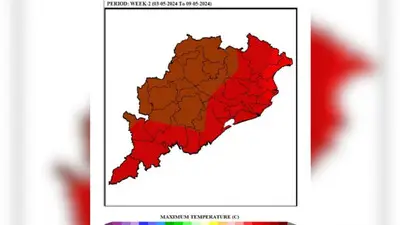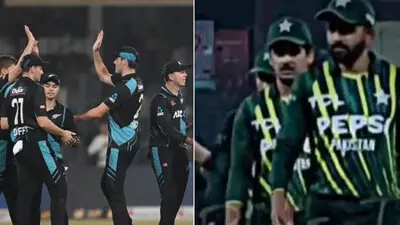Recommended Stories
The accused, who were convicted on Monday, a decade after the incident, escaped the noose as District and Sessions judge Poonam Singh held that since none of them had criminal antecedents they did not merit the ultimate penalty.
The court also imposed a fine of Rs 5,800 on each of those sentenced to life imprisonment and Rs 3,800 on those handed down jail term of 7 years. In its order, the court upheld the charge of criminal conspiracy to kill the victims belonging to the Muslim community and cause damage to their property.
The court`s observation was based on the fact that the mob had gathered with arms and sharp weapons on a Friday when most minority community members were at home. It observed that the intention of the mob was clear as it did not disperse in spite of being baton-charged by the police which also burst teargas shells.
The court said the involvement of those convicted in setting afire the house had been corroborated by the statements of the witnesses who had also identified them. Tumultuous scenes were witnessed after pronouncement of the verdict with several family members of the convicts breaking down inside the court campus.
While many shouted slogans against Chief Minister Narendra Modi, one of them identified as Ravji Patel allegedly tried to commit suicide by consuming poison but was prevented by those accompanying him after the police had evicted them from the court premises. Ravji`s son Vijay and his four other relatives were among those convicted.
Another woman Shantaben Patel also threatened to commit suicide in the court premises if justice was not done. The protesters, including women and children, later sat on the road leading to the court.
23 people, including nine women and as many children of the minority community, were burnt to death in a house in Pirwali Bhagol area of Ode village by a mob of over 1,500 on March 1, 2002 following the Godhra train burning incident that had triggered a communal conflagration across the state.
Out of the total 47 accused, the court had convicted 23 and acquitted an equal number. One of them had died during the course of trial.
The court said the fire in the house where the 23 victims were huddled together was intentionally made so intense to make sure that even their bones were burnt to ashes and all evidence completely destroyed.
Police were able to find the bodies of just two of the victims after the incident while remains of 21 others who perished in the blaze could not be found. The court, however, held that there was no forced entry into the house which was burnt and observed that the rioters had no intention of attacking any religious place.
In its 1252-page order, the court said the punishment was awarded with the intention of conveying to the convicts that their action was "against their own welfare and against the welfare of the society".
Reacting to the verdict, defence counsel Ashwin Dhagad said they would challenge it in the high court.
"Statements of witnesses have been contradictory and how the court has appreciated those facts that we will come to know only after we get the copy of the judgement. After that we will surely approach the high court," he said.
Special Public Prosecutor P M Parmar said he would decide whether to go in appeal against the judgement after studying the order.
"We will be studying the order of the court and then decide on the future course of action whether to appeal for capital punishment in the higher forums and also decide to appeal against the acquittal of 23 others," he said.
More than 150 witnesses were examined and over 170 documentary evidences placed before the court during the trial which began towards the end of 2009.
It was on the verge of completion when the then judge hearing the case resigned in May, 2011, citing personal reasons following which Judge Singh was appointed and arguments were heard afresh.
This is the second major post-Godhra riot case where more than 18 people have been sentenced to life imprisonment. Earlier, in the Sardarpura riot case in Mehsana district, 31 persons were awarded life term and 42 were acquitted.
In the Godhra train burning case, a court had awarded death sentence to 11 people and life imprisonment to 20. Ode riot case is one of the nine cases that was probed by the Supreme Court-appointed Special Investigation Team led by former CBI director R K Raghavan.
Those who have been given life sentence by the court are Vinu Bhikha Patel, Vijay Patel, Dilip Vallabh Patel, Harish Patel, Jayendra Patel, Suresh Patel, Dilip Vinu Patel, Paresh Patel, Arvind Patel, Hemant Patel, Sanat Patel, Manu Patel, Dilip Ranchod Patel, Poonam Patel, Dharmesh Patel, Vinu Shana Patel, Natu Patel and Pravin Patel.
While those who have been given seven-year jail term are Devang Patel, Girish Patel, Prakash Patel and Dilip Shana Patel and Atul Patel.












